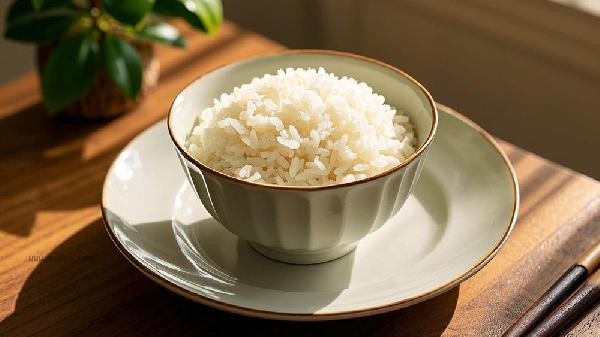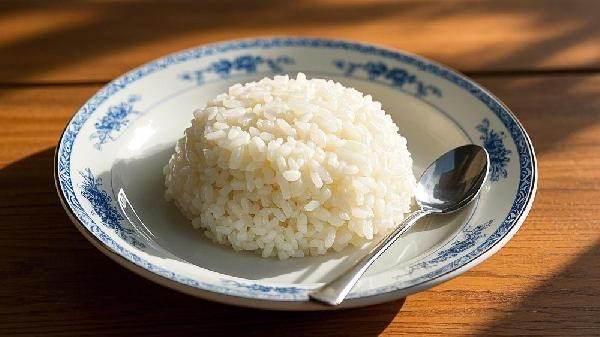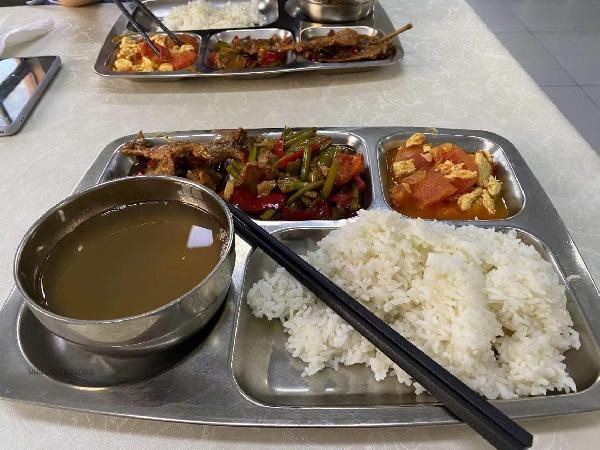The sugar content will increase after the leftover rice is made into Congee. In the process of cooking Congee, the starch gelatinization degree of rice is improved, which is easier to be digested and absorbed by the human body, and may lead to enhanced blood sugar response.

The starch in rice will partially regenerate to form resistant starch after cooling, but when reheating Congee, the molecular structure of starch will be destroyed again, and the gelatinization degree will be significantly improved. This change makes starch more easily broken down into glucose by digestive enzymes in the human body, thereby increasing the actual intake of sugar. Especially for Congee cooked for a long time, the starch gelatinization is more thorough, and the glycemic index will be significantly higher than that of ordinary rice.

Some people, such as diabetes patients or those with poor blood sugar control, need special attention. Although the total carbohydrate content of Congee is similar to that of rice, the sugar rising speed is faster. It is recommended to consume vegetables or high-quality protein foods rich in dietary fiber together to slow down sugar absorption. When cooking Congee, control the cooking time to avoid excessive gelatinization and reduce the risk of blood sugar fluctuation.

In daily diet, it is necessary to adjust the form of staple food according to one's own health condition. People with blood glucose sensitivity can preferentially choose coarse grain Congee or mixed Congee added with beans to balance the sugar raising effect by dietary fiber and plant protein. At the same time, pay attention to controlling the single consumption amount and avoiding concentrated intake of easily digestible carbohydrates. Reasonable combination of dietary structure can help maintain blood sugar stability.








Comments (0)
Leave a Comment
No comments yet
Be the first to share your thoughts!